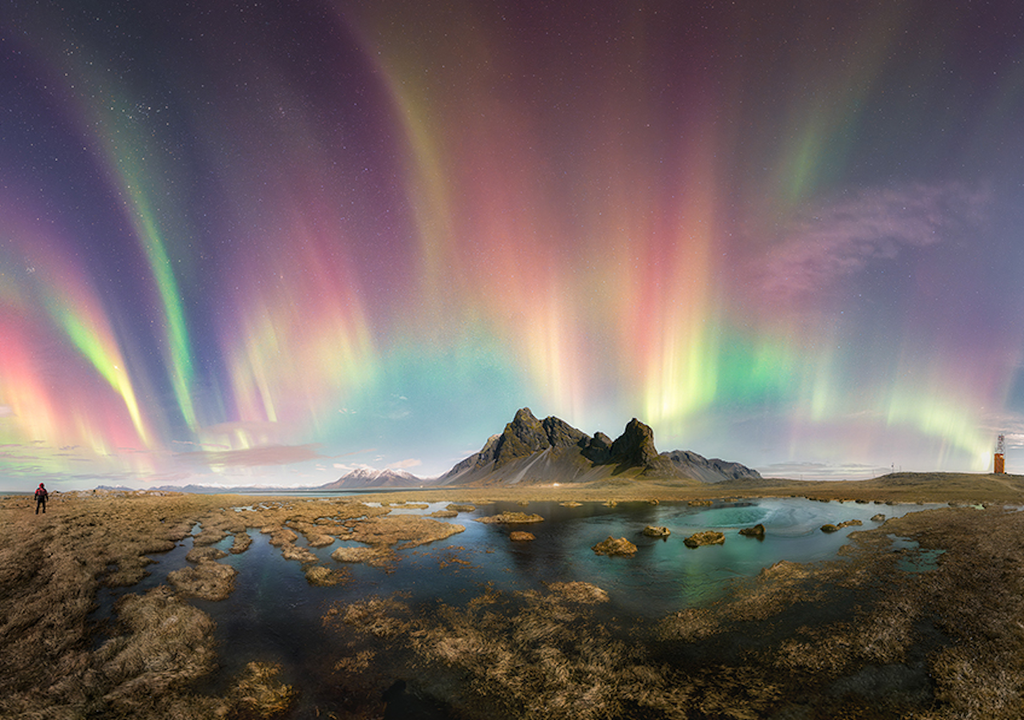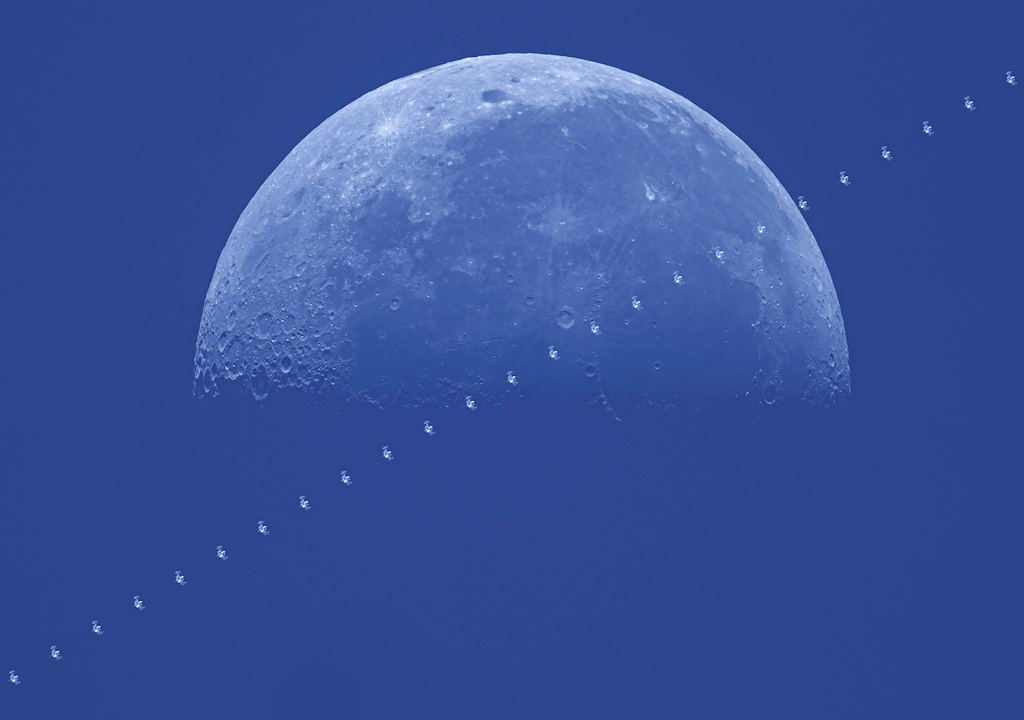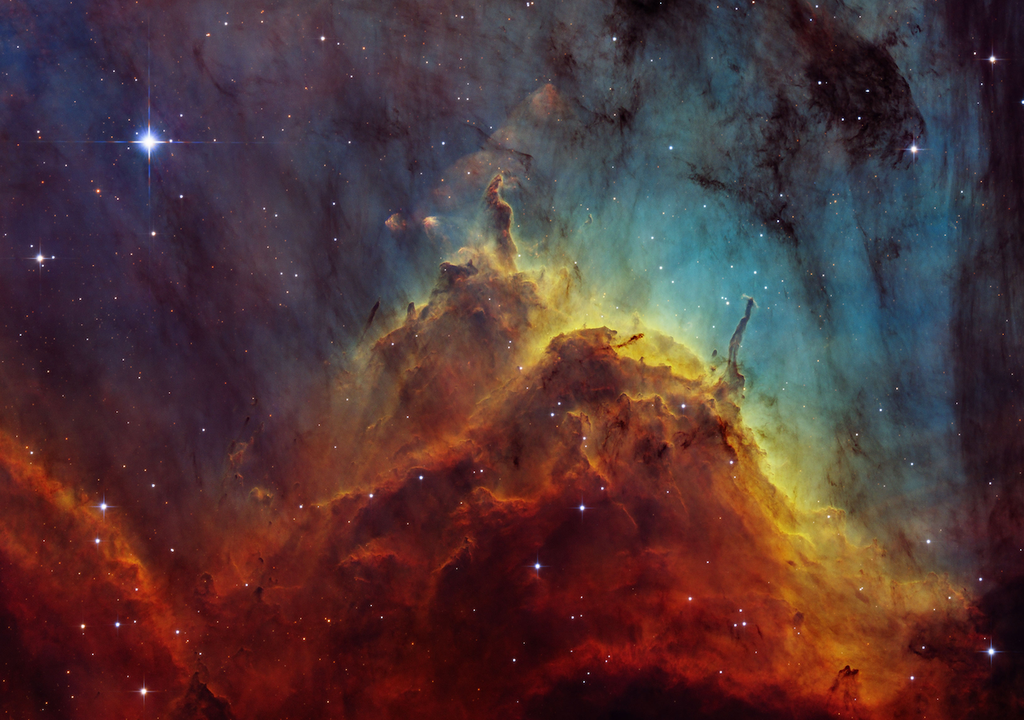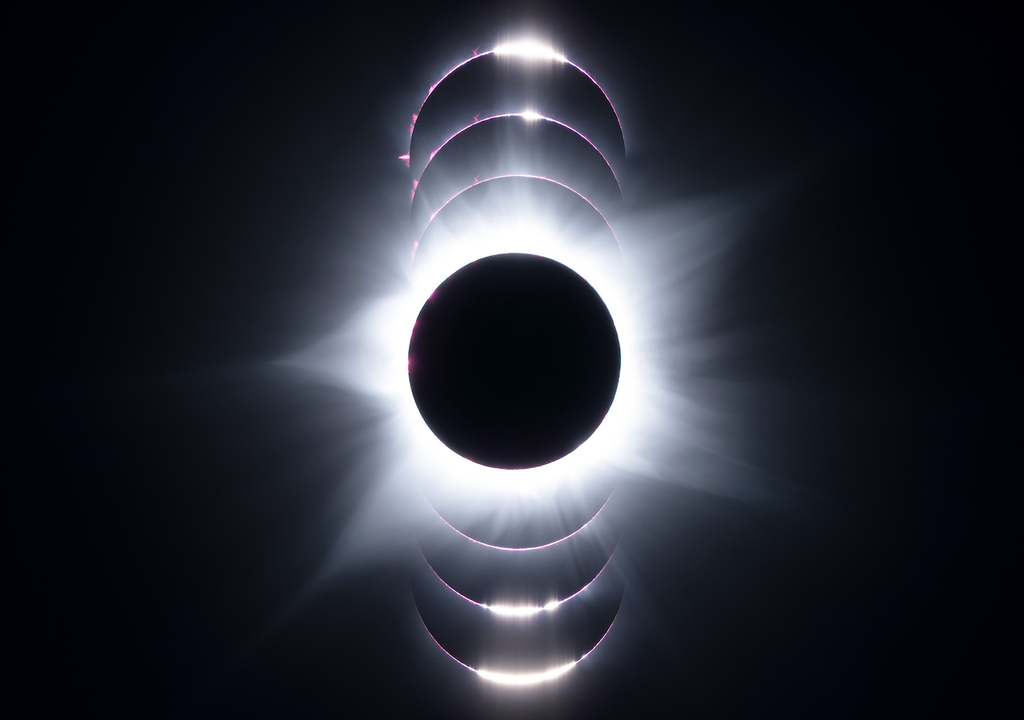
Royal Museums Greenwich (RMG) announced their shortlist recently for the Astronomy Photographer of the Year – the biggest space photography competition on Earth. Here we curate some highlights from the 2024 shortlist for you to enjoy, with photos taken all the way from Australia, to Hungary and Iceland.
The 2024 shortlist
This is the 16th year of the annual competition, where judges had the challenge of choosing from thousands of photography entries. This year’s shortlist includes “magnified moons” to “star-studded skyscapes” and “streaming suns”.
A handful of the amazing astrophotographers in the shortlist are showcased below:
Icelandic fantasy
This stunning photo shown below is titled A Night with the Valkyries, taken in the wilds of Iceland by Jose Miguel Picon Chimelis.

Jose explained, “this capture is a panoramic view of the Eystrahorn Mountain. That night, I think, was one of the most amazing that I have experienced in my nighttime photography outings. There was a prediction of a KP7 storm.”
A KP7 is a strong geomagnetic storm that can generate aurorae, and interfere with power systems.
“I was excited as to what I might see. What I couldn’t have imagined was seeing these colours in the sky; it was a spectacle that was difficult to describe,” Jose added.
An eclipsing image
The photo at the top of this article was taken in Exmouth, Western Australia, by Gwenaël Blanck who shares the splendour of a total solar eclipse, having described it as one of the most beautiful spectacles of nature, which everyone should experience.
“In April 2023 I went to Australia, for 62 seconds of totality. It seems short, but it was worth every penny and effort to get there. Pictures don’t do justice to this wonder,” said Gwenaël.
“With this collage I wanted to show the beauty of the corona (which looks like a flower this close to the solar maximum), but also the pink chromosphere, the prominences and Baily’s beads.”
Baily’s beads are bits of sunlight shining through because of the Moon’s rugged terrain. This particular photo was processed with Photoshop, where seven pictures were superimposed for the background, and six others for the chromosphere and prominences.
Space station marvel
Also taken in Australia, at its famous Gold Coast, Kelvin Hennessy explained that “this image shows the International Space Station (ISS) transiting the 51 per cent-illuminated Moon. I used Ed Morana’s ISS Transit Prediction app to find a suitable transit path and confirmed this with Stellarium.”

Kelvin found it most difficult to find a suitable shooting location in the city, but used Google Street view and Google Earth software to find an optimal point with clear skies and parking for the narrow transit corridor.
Shortly after shooting, Kelvin shared online that the ISS Transit Prediction android app and Stellarium also helped, also mentioning “I used my ZWO ASI294MC Pro and Baader IR/UV filter attached to my Saxon 952mm focal Length refractor telescope mounted on a SkyWatcher EQ6-R.”
Mountains of space
Snapped in Pest, Hungary, photographer Bence Toth shared “This image shows a close look at IC 5070, the Pelican Nebula. I have used narrowband filters for image acquisition and created a colour image with the Hubble Palette method. The fine dust and gas structures really reminded me of mist on mountains hit by the rising Sun, hence the title.”

During processing, Bence wanted to show the details of the dust in an aesthetic way. Though stunning at first glance, the technicalities have gone into it only add to its appreciation.
The image features Herbig-Haro (HH) objects which are bright regions or nebulosity around newborn stars. Even their detailed structures are visible.
Photos to be presented in London
The RMG is based in England, at Greenwich, the site of the historic GMT time zone reference line since 1884. This inclusive, international competition is judged by an expert panel who collectively decide on the winning photos. The contenders and winners will go on to be presented at London’s National Maritime Museum at RMG’s dedicated photography gallery area.
Source of the news:
Astronomy Photography of the Year Award 2024 short list revealed. RMG. Available at: https://www.rmg.co.uk/whats-on/astronomy-photographer-year/galleries/2024-shortlist
